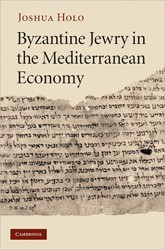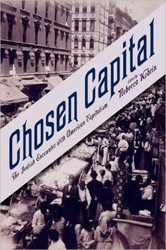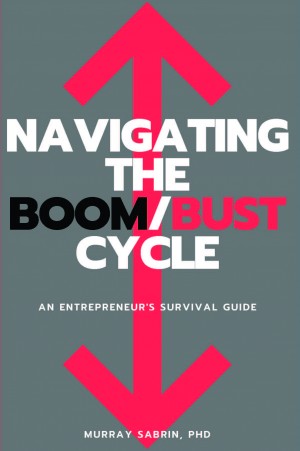In the last several decades, social history has displaced the more traditional fields of military, economic, diplomatic, and political history as history’s most exciting area of study. Social historians have used innovative technologies and asked new questions regarding birth and death rates, marriage, immigration, religion, education, gender, race relations, urbanization, migration, acculturation and assimilation, mass culture, and, as in the case of Gideon Reuveni’s new book, consumption patterns. Consumer Culture and the Making of Modern Jewish Identity won the 2018 National Jewish Book Award in Modern Jewish Thought and Experience, and is an example of this new social history at its best.
This is the second book on consumer culture by Reuveni, the director of the Centre for German-Jewish Studies at the University of Sussex in the United Kingdom. His first, Reading Germany: Literature and Consumer Culture in Germany Before 1933, initially published in Hebrew, appeared in English in 2006 and received positive reviews. While mainly focused on Germany, the scope of Consumer Culture and the Making of Modern Jewish Identity is geographically broader than his previous book since it also discusses Jewish consumer culture in the United States, Great Britain, and Israel (both before and after statehood). Both books are deeply researched, ask important questions, and can be read profitably by specialists and non-specialists alike. Consumer Culture and the Making of Modern Jewish Identity will appeal particularly to readers seeking to learn more about the evolution of modern Jewish identity, the economic history of modern Jews, the history of Germany’s Jews during the decades between the two world wars, and the symbiotic relationship between economic history and Jewish history.
Much has been written about Jewish entrepreneurs and money lenders. Reuveni explores the other side of the economic exchange, examining not how Jews accumulated wealth but rather how they spent it. The consumptive practices of modern Jews, he argues, differed from those of their Gentile neighbors, and companies were established to provide for their distinctive needs. The rise of the modern marketplace and mass consumption encouraged the emancipation of Jews as well as providing fodder for various anti-Semitic movements. For some Jews, particularly those estranged from normative Jewish religious beliefs and practices, consumption became a large part of their Jewish identity and even furnished the raw material for the jokes they told about themselves. Consumption helped determine and sustain class distinctions among Jews, while sumptuary regulations attempted to inculcate the virtues of discretion and restraint among Jewish shoppers. Finally, far different from previous generations of Jews, consumption came to be viewed as a means to happiness. Out of these multifaceted aspects of shopping there emerged what Reuveni calls “a distinct ethos of spending as Jews.”
No single book, particularly one of only two hundred and fifty pages, could hope to do justice to the many aspects of modern Jewish consumption. The topic is so broad and its history so little known, Reuveni notes, that he has “done scarcely more than set out some preliminary markers that will hopefully facilitate the way for more detailed investigations of this important field of historical inquiry.” But these markers are well-lit, provide accurate directions, and point travelers toward important destinations. Readers will find particularly interesting Reuveni’s discussion of the role of consumption in the modern Zionist movement, the imagery associated with female shoppers, and the challenges presented by the modern marketplace to traditional Jewish practice and thought.




